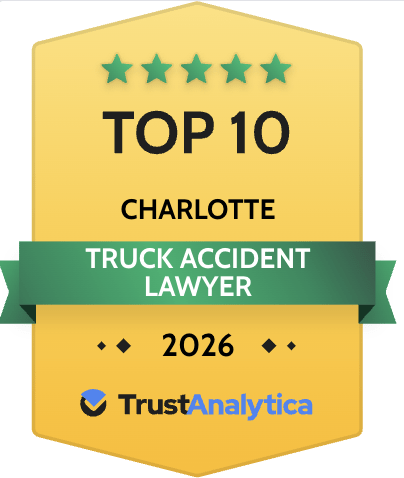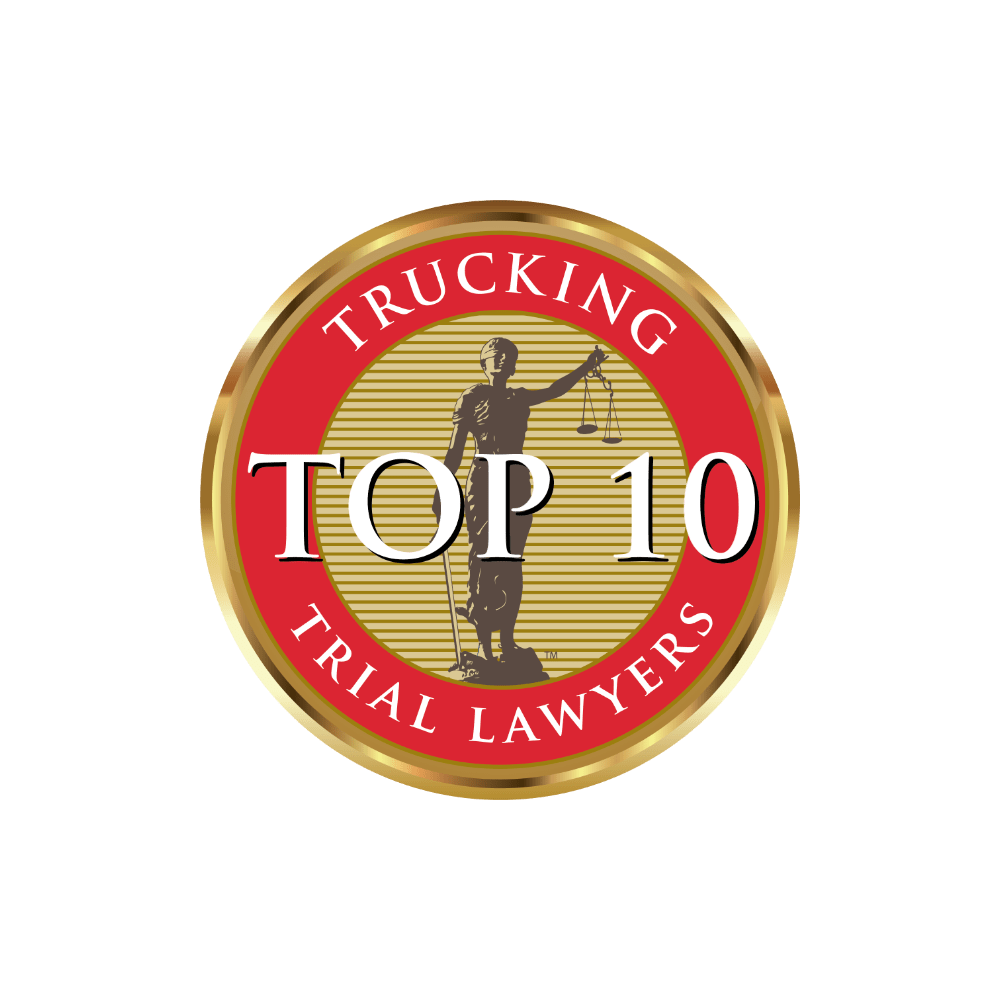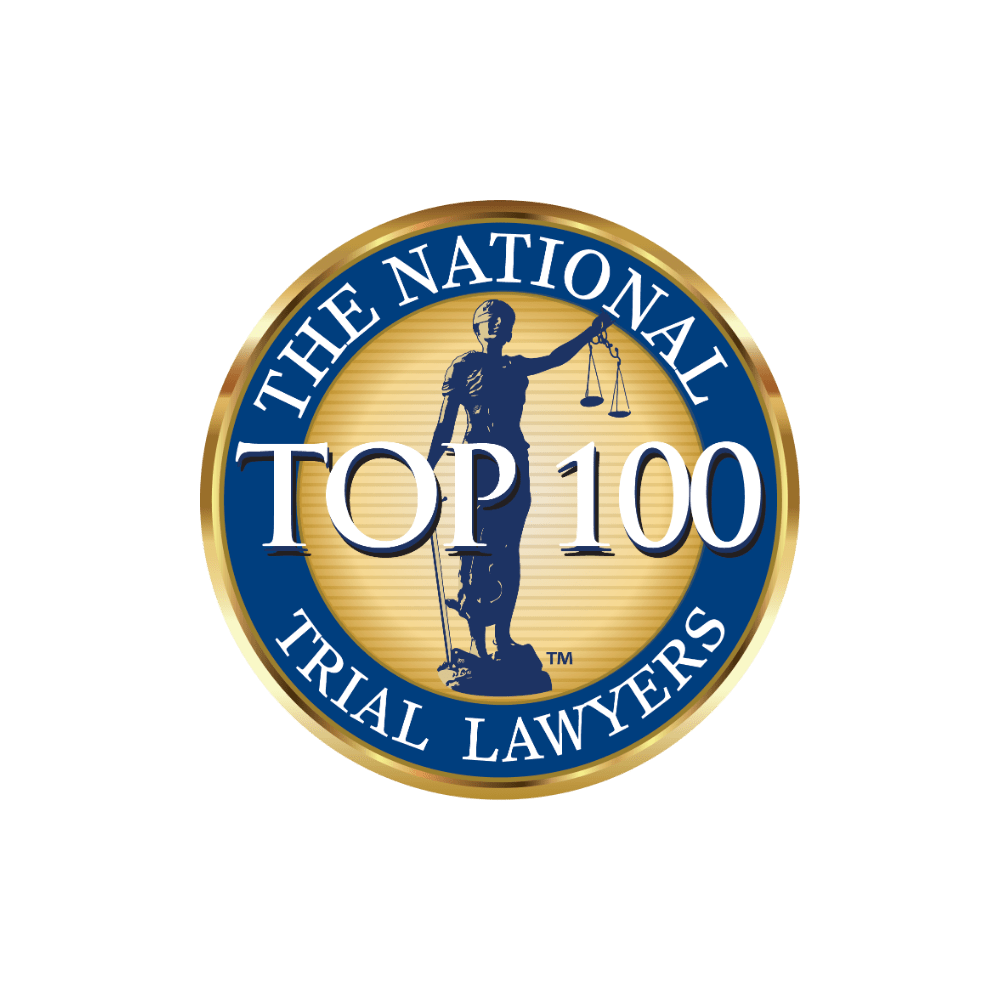Knowing what to do if you’re in a golf cart accident in North Carolina can help protect your rights and make the process of seeking compensation smoother. Golf cart accidents can lead to injuries, property damage, and unexpected bills.
Whether the incident occurs on a course, in a neighborhood, or elsewhere, understanding your options is important. Victims may need to address medical care, insurance claims, and liability issues. Consulting with a Charlotte golf cart accident lawyer can help alleviate your concerns and get you answers.
They can help determine fault, recover damages, and communicate with insurance companies. By taking the right steps after an accident, you can focus on recovery while addressing the legal and financial challenges.
Steps To Take If You’re In A Golf Cart Accident In North Carolina
A Charlotte personal injury lawyer would recommend taking specific steps after a golf cart accident to protect your health, gather necessary evidence, and prepare for potential legal or insurance claims.
Acting promptly and carefully can make a significant difference in how your case is handled and resolved. Here’s what to do if you’re in a gold cart accident in North Carolina:
- Seek medical attention: Your health should be the top priority. Even if injuries seem minor, get evaluated by a medical professional to identify any hidden or delayed symptoms. Documenting your medical visit also creates a record that may be important later for insurance companies or legal proceedings. If you fail to seek medical attention or treatment, insurance companies can use this to downplay the severity of your injuries.
- Collect evidence and document the scene: If possible, take photos of the accident site, damages, injuries, and any contributing factors like road conditions, signage, or obstacles. Gather contact information for witnesses, the golf cart driver, and others involved. This evidence can be critical in determining liability and supporting your claim.
- Report the incident to the appropriate authority: Notify the property owner, golf course management, or local authorities, depending on where the accident occurred. Filing a report ensures there is an official record, which can be helpful if disputes arise later. Request a copy of the report for your records – this is crucial to proving who was at fault for the accident.
- Consult a lawyer before speaking to an insurance company: Insurance companies may try to minimize payouts or deny claims altogether. Before providing any statements or accepting a settlement, consult with a lawyer who can advise you on what to say and how to protect your rights.
Being proactive can help preserve evidence, strengthen your case, and ensure you are prepared for any next steps in the legal or insurance process.
Relevant North Carolina Laws About Golf Cart Accidents
Understanding North Carolina laws related to golf carts is important for determining liability and ensuring compliance with local regulations. While golf carts are convenient and widely used, they must follow specific rules when operating on public roads or private property, such as:
- Legal operation of golf carts: Under N.C. Gen. Stat. § 20-121.1, golf carts can only be driven on public roads if the local municipality allows it and specific conditions are met. Typically, the road must have a speed limit of 35 mph or less, and the golf cart must be equipped with safety features such as headlights, reflectors, turn signals, and a rearview mirror. Drivers must also follow all traffic laws.
- Driver requirements: Under N.C. Gen. Stat. § 20-7, Operators of golf carts must be at least 16 years old and hold a valid driver’s license when driving on public roads. Unlicensed or underage drivers can lead to legal liability if an accident occurs.
- Liability in golf cart accidents: Liability in golf cart accidents depends on factors like driver negligence, lack of proper maintenance, or unsafe conditions on the property where the accident occurred. If a minor or unlicensed individual operates the cart, the owner could be held accountable for any damages.
- Insurance requirements: North Carolina does not require golf cart owners to carry insurance unless the cart is being operated on public roads. However, having liability insurance can protect drivers financially in case of an accident.
A golf cart accident lawyer in Charlotte can investigate your accident, identify liable parties, and demonstrate how their negligence caused your injuries. They can then file an insurance claim or a personal injury lawsuit to seek financial recovery.
Hire A Golf Cart Accident Attorney As Soon As Possible
If you’ve been involved in a golf cart accident, hiring an experienced attorney quickly is crucial to protecting your legal rights and recovering compensation. Prompt action allows your attorney to gather evidence, interview witnesses, and build a strong case before key details fade.
One critical reason to act fast is the statute of limitations. In North Carolina, victims generally have three years from the accident date to file a lawsuit under N.C. Gen. Stat. § 1-52(16).
Missing this deadline can result in losing your right to recover damages, no matter how strong your case may be. The sooner you hire an attorney, the better they can protect your rights.
Our Attorneys Can Help If You’ve Been In A Golf Cart Accident In North Carolina
At Auger & Auger Accident and Injury Lawyers, we understand how devastating a golf cart accident can be for you and your family. In a contributory negligence state like North Carolina, even being 1% at fault can bar you from recovering compensation. This makes having an experienced lawyer on your side essential to proving fault and protecting your rights.
Our firm has recovered over $100 million for injured clients, and our attorneys bring an average of 19 years of personal injury experience to every case. We know how to handle complicated legal issues, negotiate with insurance companies, and fight for the compensation you deserve.
If you or a loved one has been injured in a golf cart accident, don’t wait. Contact Auger & Auger today for a free consultation.


















